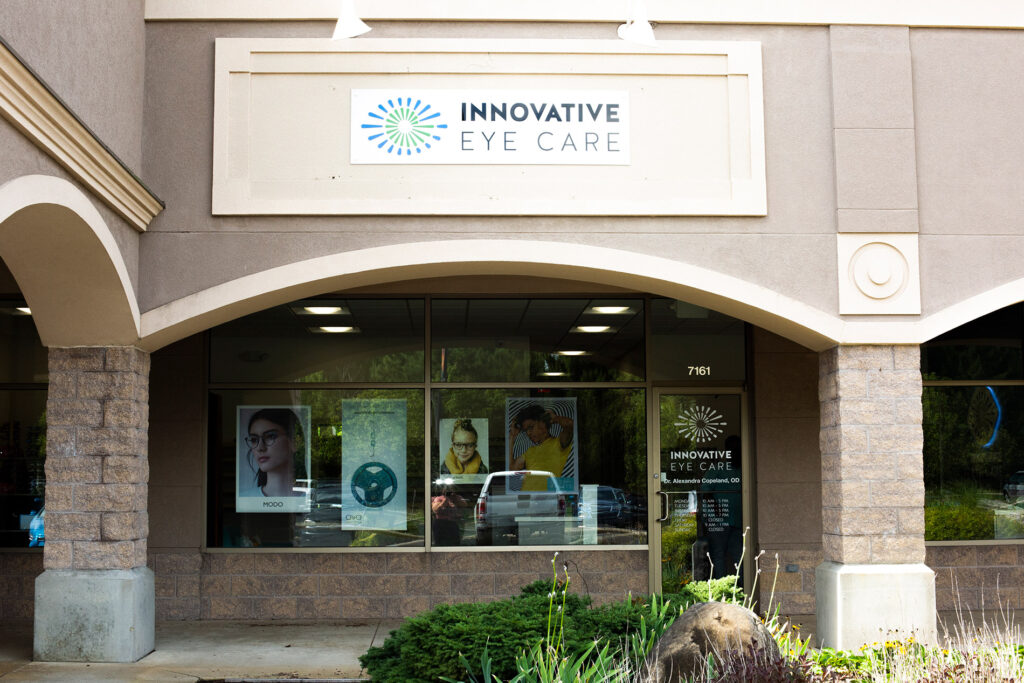August is children’s eye health and safety month. This blog answers general questions regarding kids’ eye exams.
WHEN SHOULD A CHILD HAVE HIS FIRST EYE EXAM?
Dr. Copeland and the American Optometric Association recommend scheduling a baby’s first eye exam between 6-12 months of age. Dr. Copeland participates in the InfantSEE program and provide this eye exam for free. If the eyes are healthy, the next exam is recommended at 3 years of age and then 5 years. It is very important to have a child’s eyes checked before they enter school since 80% of learning is visual.
WHAT IS INFANTSEE?
InfantSEE is an national program where enrolled eye doctors provide eye exams to infants before their first birthday at no charge. The public health program is managed by American Optometric Foundation. Dr. Copeland is a provider for InfantSEE.
HOW ARE AN INFANT’S EYES EXAMINED?
The goal of an infant eye exam is to rule out any conditions that could cause the visual system to develop incorrectly such as a high prescription, an eye turn, or an eye tumor. All of these conditions can lead to poor vision throughout life if not detected early. Luckily Dr. Copeland can check for these things without a response from the infant.
HOW IS A CHILD’S VISION CHECKED IF HE DOESN’T KNOW HIS LETTERS?
There are many different ways to determine how a child sees without using letters. The most common way is to use pictures or shapes. At Innovative Eye Care we have a chart that shows familiar shapes that the child can name or match. The images get smaller just like the letter test and allow Dr. Copeland to determine how well the child is seeing. A test using striped patterns can be used for non-verbal patients.
WHY IS IT IMPORTANT FOR CHILDREN TO HAVE THEIR EYES CHECKED?
One of the biggest reasons to have children’s eyes examined is because the visual system is most adaptable before the age of six. If something needs to be corrected like a high prescription or an eye turn, the eyes will develop best the earlier the problem is addressed. If these conditions are left untreated they can result in poor vision for the rest of the child’s life. Another reason to have children’s eyes checked is that kids don’t know if they are seeing their best. What they see is what they see and they don’t know that their views might actually be blurry. There are also other visual skills like how well the eyes work together that are checked during an eye exam. Eye teaming problems can make reading hard and lead to poor school performance.
SHOULD A CHILD HAVE AN EXAM EVEN IF HE PASSED A SCHOOL SCREENING?
Yes, a school screening does not take the place of a comprehensive eye exam. Often kids pass or fail a screening when they should not. The screening also focuses on how well the child sees and not the whole visual system. The best place to have a child’s eye exam is at an eye doctor’s office.
HOW OFTEN SHOULD A CHILD HAVE AN EYE EXAM?
Children should have an eye exam yearly. As they grow, their eyes grow and change. A yearly comprehensive eye exam makes sure their eyes are healthy and working their best.

